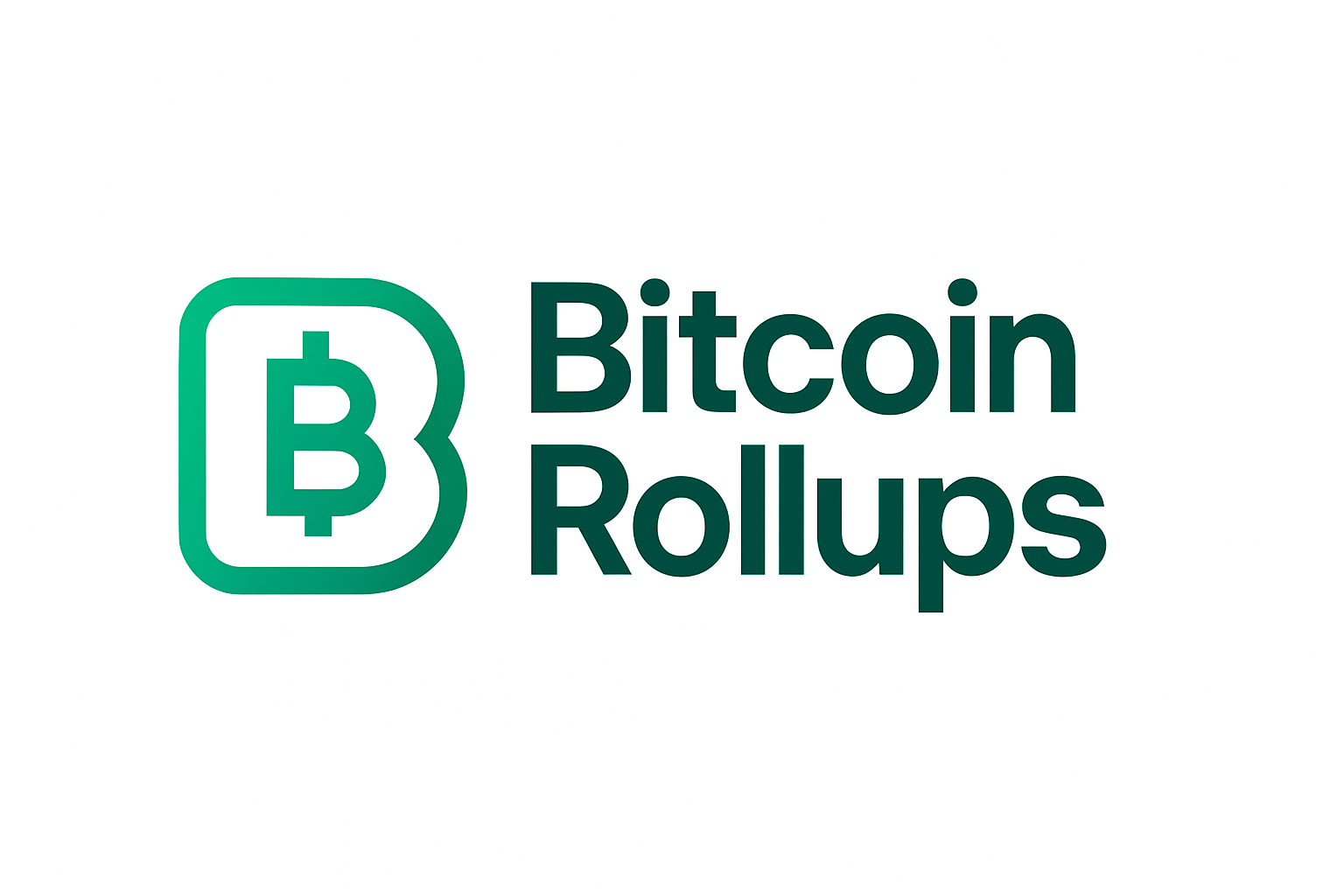
Bitcoin’s recent climb to $116,078.00 has reignited the debate on how to scale its transaction throughput without sacrificing decentralization or security. As usage surges and block space becomes ever more valuable, developers are searching for viable solutions that can keep Bitcoin accessible and affordable for everyone. Enter zkRollups: a breakthrough in layer 2 scalability that promises to transform how transactions are processed on the world’s most secure blockchain.
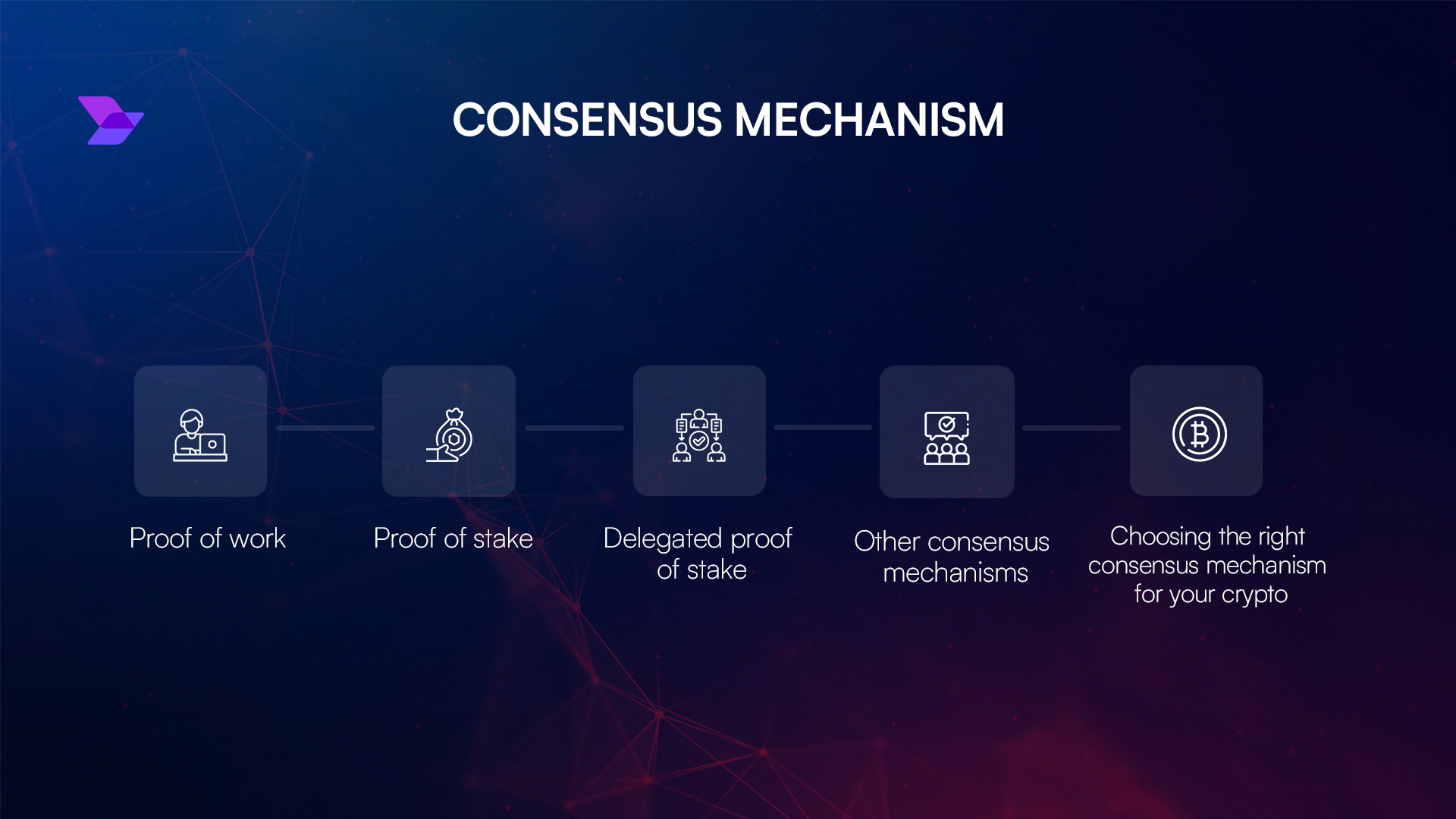
What Are zkRollups and Why Do They Matter for Bitcoin?
zkRollups, or zero-knowledge rollups, are a type of scaling technology that bundle hundreds or even thousands of off-chain transactions together, then submit a single cryptographic proof back to the Bitcoin blockchain. This proof, known as a zero-knowledge validity proof, attests that every transaction in the batch is legitimate, without revealing individual details or requiring the main chain to process each one individually.
This approach is revolutionary for two reasons:
- Massive throughput gains: By moving computation off-chain and only posting succinct proofs on-chain, zkRollups can increase Bitcoin’s capacity from around 7 transactions per second (tps) to potentially over 700 tps (source).
- Lower fees and congestion: Fewer bytes stored on-chain means lower costs per user, making microtransactions feasible again, even as network demand grows.
The privacy benefits are also notable: zero-knowledge proofs allow users to transact without exposing sensitive data on the public ledger.
How zkRollups Actually Work Under the Hood
The core innovation behind zkRollups is their use of zero-knowledge proofs, specifically, succinct cryptographic statements that prove correctness without revealing underlying data. Here’s how it plays out in practice:
- Aggregation: Users send their transactions to an off-chain rollup operator (sometimes called a sequencer), who collects them into batches.
- Computation: The operator processes these transactions off-chain, updating their own copy of account balances or UTXOs.
- ZK Proof Generation: For each batch, the operator generates a zero-knowledge validity proof attesting that all included transactions follow protocol rules, no double-spending, correct signatures, etc.
- On-Chain Commitment: Instead of submitting every transaction individually, only the succinct proof (and minimal metadata) is posted to the Bitcoin main chain.
- Verification: Anyone can verify this proof using open-source cryptographic tools; there’s no need to trust the rollup operator.
This model dramatically reduces data load while preserving security guarantees. For developers interested in technical deep-dives or implementation patterns, projects like zkBTC are pioneering trustless integration of zkRollups with native Bitcoin infrastructure.
The Unique Challenges (and Advantages) of Bringing zkRollups to Bitcoin
If you’re coming from Ethereum development, you might wonder why integrating zkRollups into Bitcoin requires extra ingenuity. The answer lies in Bitcoin’s deliberately minimal scripting language, designed for simplicity and security rather than complex programmability. However, recent upgrades like Taproot have unlocked new possibilities for advanced cryptography within Bitcoin scripts.
This means developers can now experiment with certain types of zero-knowledge proofs directly on Bitcoin, without compromising its core principles. Early movers like Citrea and Merlin Chain are already building out these capabilities (source). The result? A new class of scalable applications that leverage both Bitcoin’s unmatched security and next-gen privacy tech.
For developers eager to build on Bitcoin, zkRollups present a unique toolkit that blends scalability, privacy, and composability. The ability to batch transactions and prove their validity with zero-knowledge cryptography opens up a new layer of design space, one where applications can serve thousands of users without congesting the main chain or pricing out smaller participants.
Developer Opportunities: Building with zkRollups on Bitcoin
What does this mean in practice for builders? Here are some of the most promising avenues:
Top 5 Ways Developers Can Leverage zkRollups on Bitcoin
-
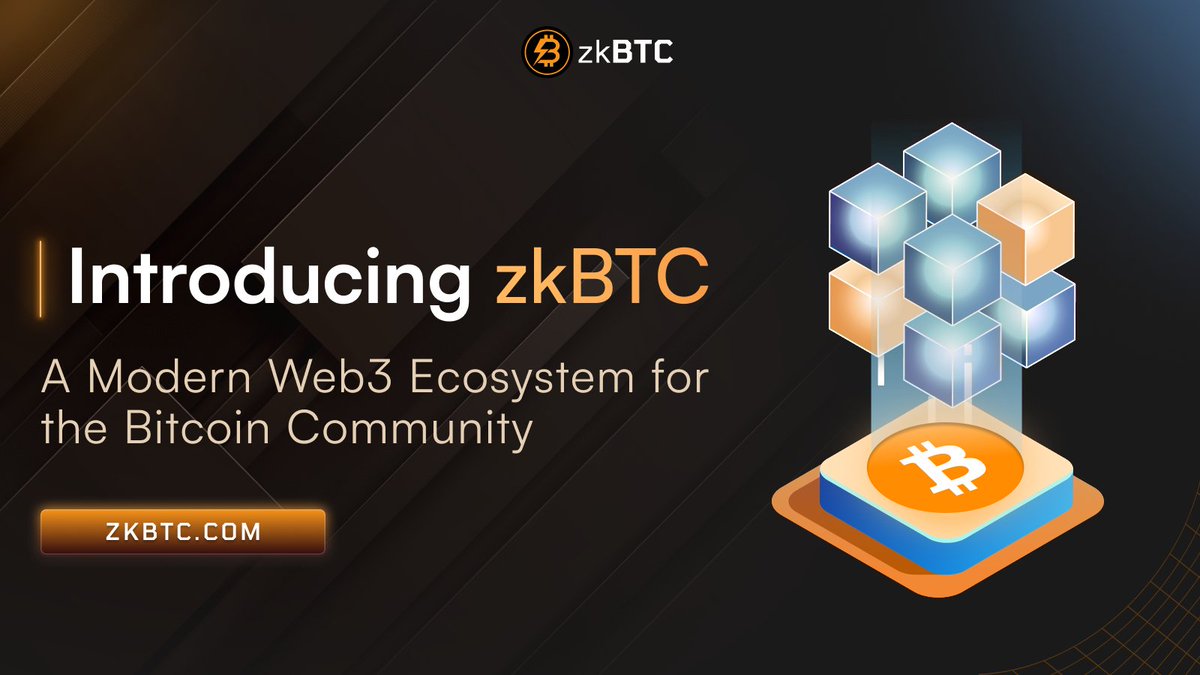
Integrate zkBTC for Trustless zkRollup Transactions: Developers can utilize zkBTC, a project actively working to bring zkRollups to Bitcoin, enabling trustless, scalable transaction batching and proof submission directly on the Bitcoin mainnet.
-
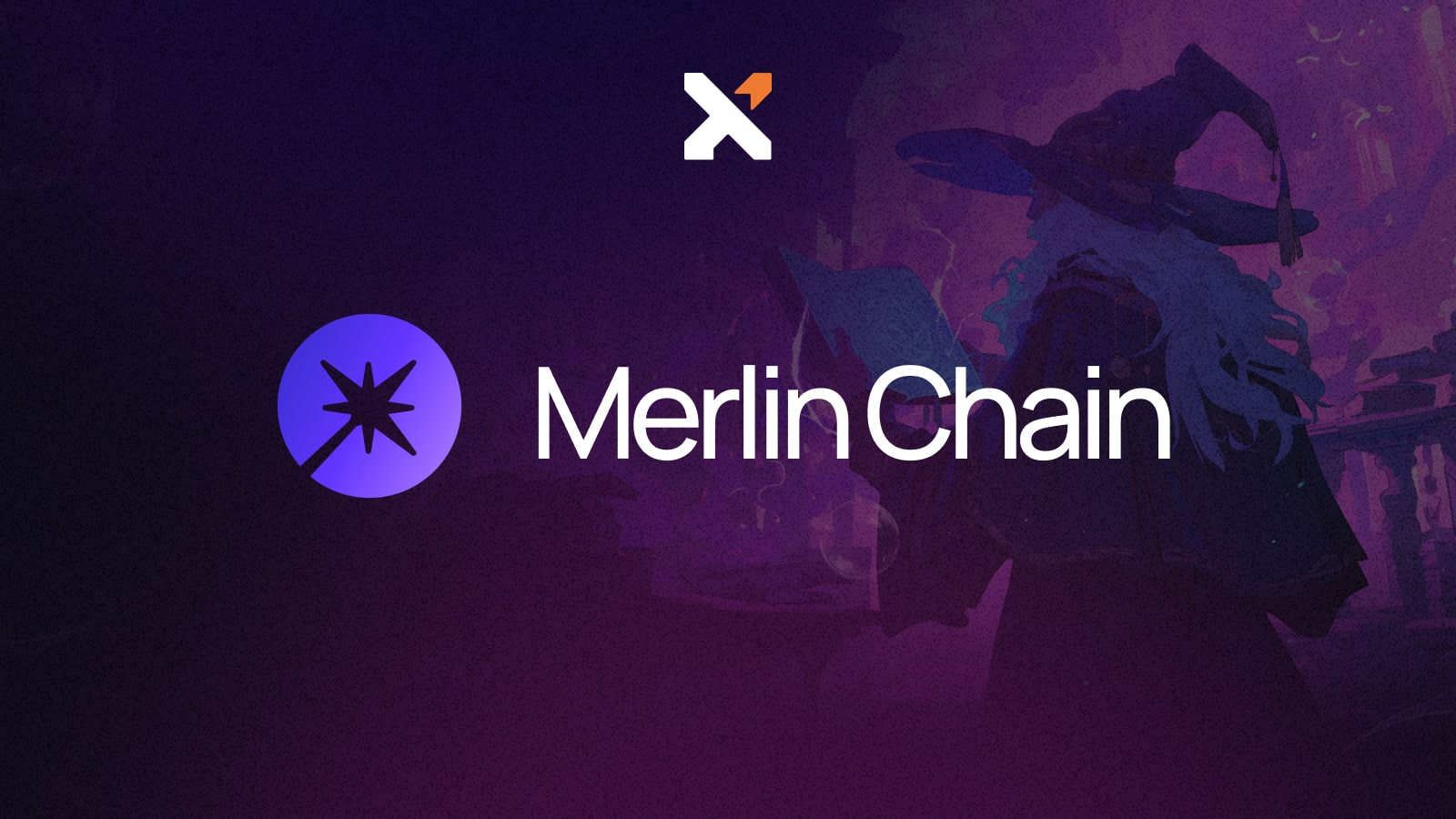
Build Scalable dApps with Merlin Chain: Merlin Chain offers a Bitcoin-based layer 2 zkRollup solution, allowing developers to create decentralized applications (dApps) that benefit from increased throughput and lower fees.
-

Leverage Taproot for Advanced zkProofs: The Taproot upgrade has expanded Bitcoin’s scripting capabilities, making it possible for developers to implement more complex zero-knowledge proofs as part of zkRollup integrations.
-
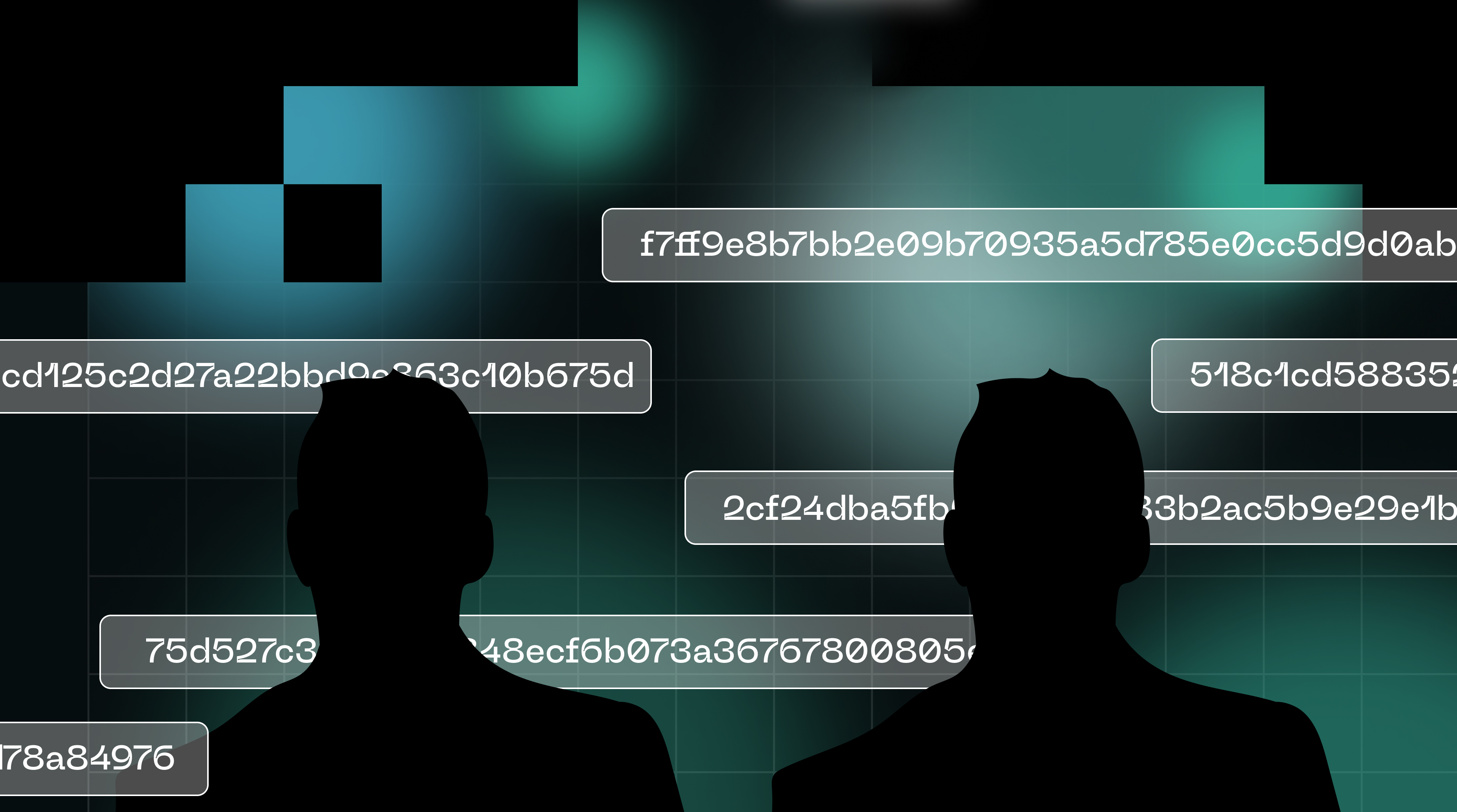
Enhance Privacy with Zero-Knowledge Proofs: By incorporating zero-knowledge proofs in transaction validation, developers can build privacy-focused solutions where transaction data remains confidential while still ensuring correctness.
-
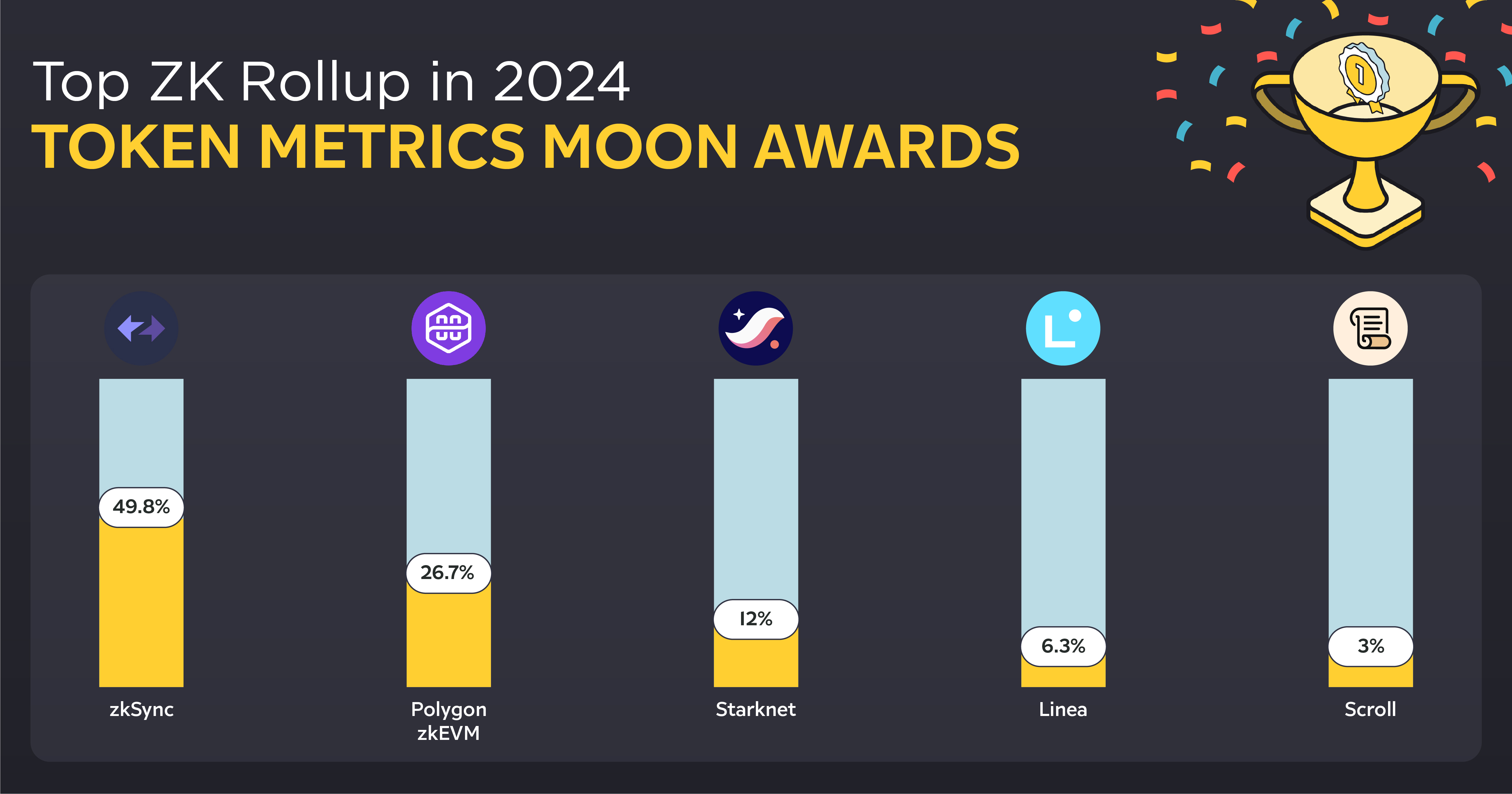
Join and Contribute to Open zkRollup Research: Developers can participate in ongoing research and open-source initiatives focused on bringing zkRollups to Bitcoin, such as following updates from Bitcoin Magazine, zkBTC, and Merlin Chain to stay at the forefront of scalability advancements.
Smart contract expansion: Projects like Citrea are bringing EVM-equivalent smart contracts to Bitcoin using zkRollup infrastructure. This allows for complex DeFi protocols, NFT platforms, and more, all backed by Bitcoin’s security model.
Micropayments and gaming: With transaction fees drastically reduced, entirely new classes of microtransaction-driven apps become feasible. Think streaming payments, pay-per-use APIs, or in-game economies where every action is recorded trustlessly yet affordably.
Cross-chain bridges: zkRollups can help facilitate secure asset transfers between Bitcoin and other blockchains by proving state transitions without relying on trusted third parties.
Staying Ahead: What to Watch as zkRollups Mature
The landscape for zkRollups on Bitcoin is moving rapidly. As of today’s price provides $116,078.00: the stakes for efficient scaling have never been higher. Several key trends are worth following as you plan your roadmap:
- Evolving proof systems: Advances in SNARKs, STARKs, and other zero-knowledge constructions are making proofs faster and cheaper to generate and verify on-chain.
- User experience improvements: Wallets and SDKs are emerging to abstract away the complexity of rollup interactions so users can benefit from scalability without technical friction.
- Ecosystem integration: As more infrastructure projects support rollup protocols natively (for example, exchanges or payment processors), adoption will accelerate across the board.
Getting Started: Resources and Next Steps
If you’re ready to experiment with zero-knowledge proofs on Bitcoin or want to contribute to this new wave of scaling solutions, start by exploring open-source implementations and technical documentation from leading projects like zkBTC. For a high-level overview of current rollup projects pushing boundaries on Bitcoin’s Layer 2 landscape, check out recent summaries at Coinlive.
The promise is clear: with continued research and community collaboration, zkRollups could unlock a future where Bitcoin remains both decentralized and massively scalable, even as its price hovers above $116,078.00. For developers who embrace these tools early, the next era of programmable money is just beginning.
